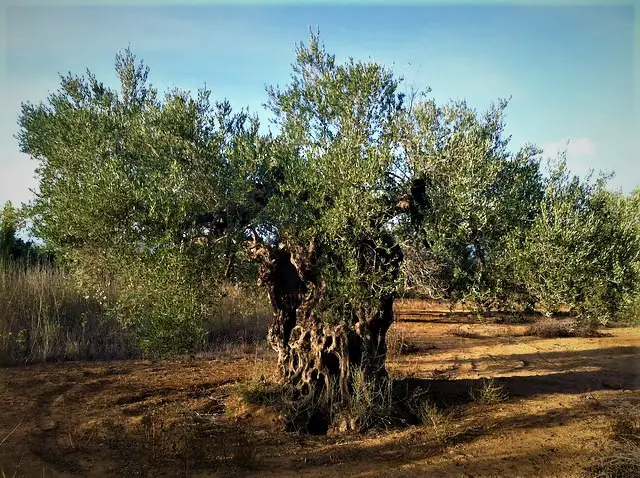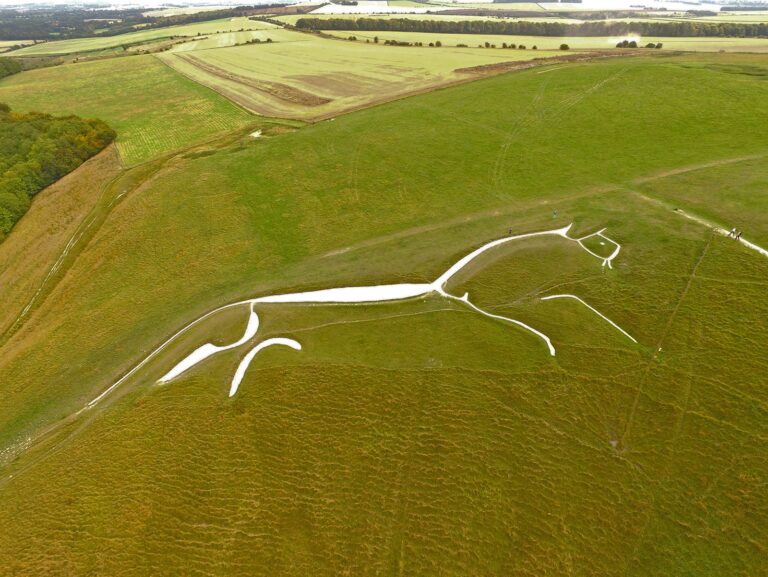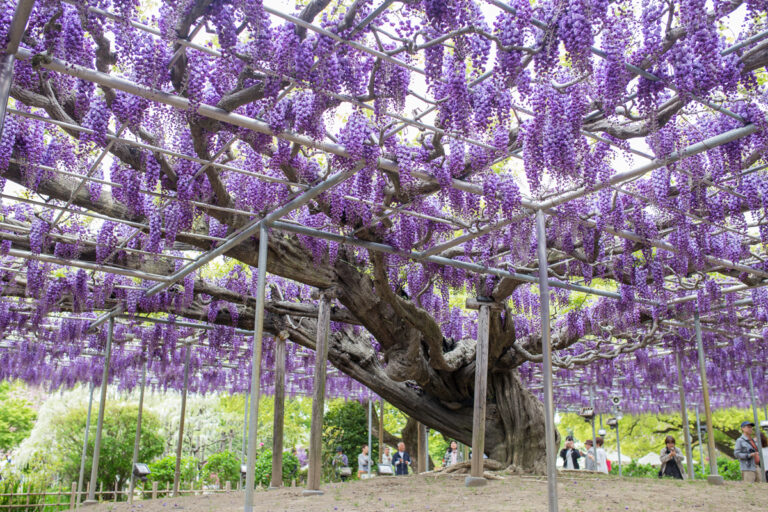The Ancient Olive Tree of Greece: A Living Testament to History
Imagine standing before a tree that has been rooted in the earth for over 4,000 years. This ancient olive tree in Greece, believed to have begun its life around 2000 BC, is not just a botanical wonder; it’s a living witness to the unfolding of human history. From the Bronze Age to the Atomic Age, this remarkable tree has stood resilient through time, offering a unique perspective on the evolution of civilization.
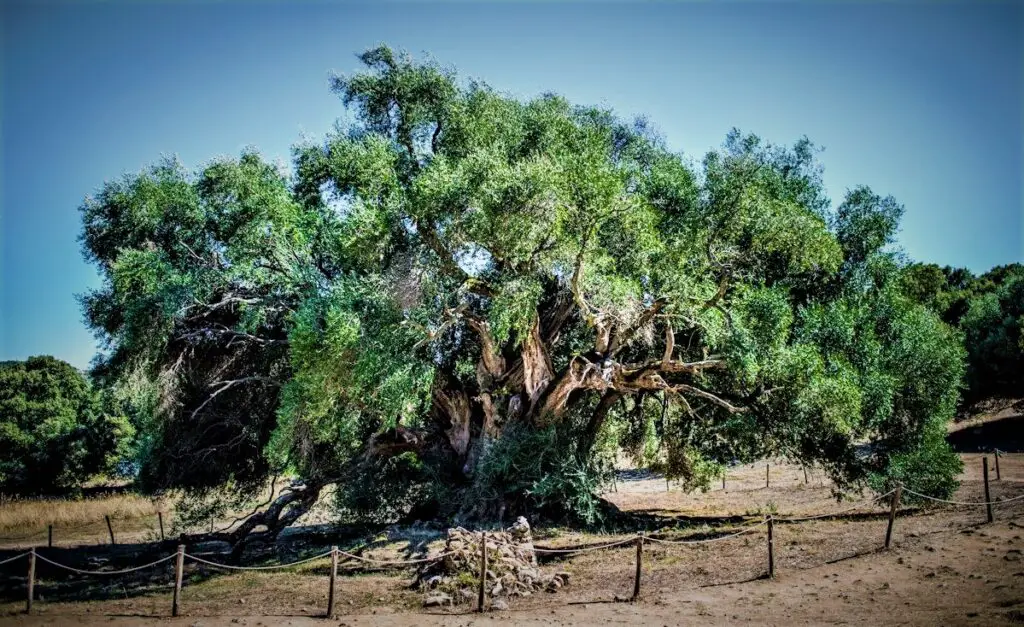
A Journey Through Time
The olive tree’s journey began in a period marked by significant advancements. Around 2000 BC, the last woolly mammoths roamed the earth, the 7th dynasty of Egypt was at its peak, and humans had just discovered glass. This tree has witnessed it all, from the rise and fall of empires to the profound changes in human society.
The Historical Significance
- Bronze Age: During this era, the tree witnessed the dawn of metallurgy and trade, marking the beginning of complex societies.
- Classical Antiquity: As Greece transitioned into the Classical period, the olive tree became a symbol of peace and prosperity, revered by philosophers and artists alike.
- Medieval Times to Modern Age: Through wars, conquests, and the birth of democracy, this tree stood firm, offering olives that nourished generations.
Resilience and Adaptation
What makes this ancient olive tree particularly remarkable is its resilience. Despite facing natural disasters, invasions, and the ravages of time, it continues to thrive, producing olives each year. Olive trees are known for their longevity, but this one is extraordinary even among its peers. It has adapted to its environment and weathered countless storms, both literal and metaphorical.
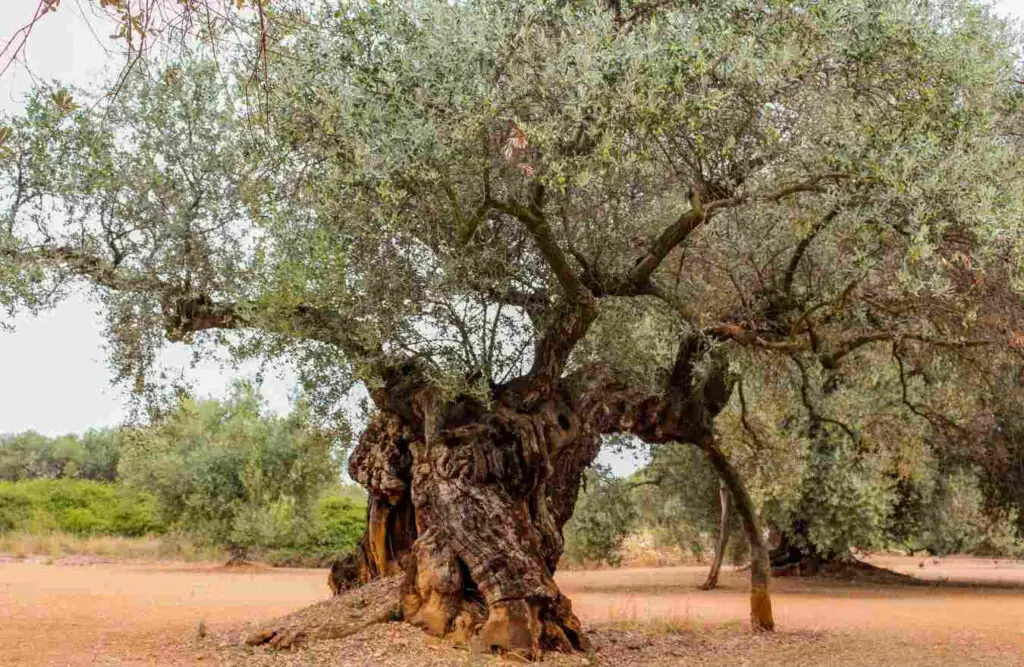
The Tree’s Legacy
The legacy of this olive tree is not merely botanical; it is cultural and historical. The olives it produces have been used for food, oil, and religious rituals throughout history. The tree stands as a symbol of peace, wisdom, and endurance, reminding us of our shared heritage and the importance of sustainability.
Protecting Our Heritage
As climate change and modern agriculture threaten ancient trees like this one, efforts to protect and preserve these natural wonders are more crucial than ever. Organizations and local communities are working tirelessly to ensure that this tree—and others like it—can continue to thrive for future generations.
Conclusion
The ancient olive tree in Greece is a profound reminder of the passage of time and the resilience of nature. It has seen humanity evolve from primitive beginnings to the complexities of modern life, embodying the spirit of survival and continuity. Visiting this tree offers more than just a glimpse into history; it provides an opportunity to reflect on our connection to the past and our responsibility to preserve the future.
